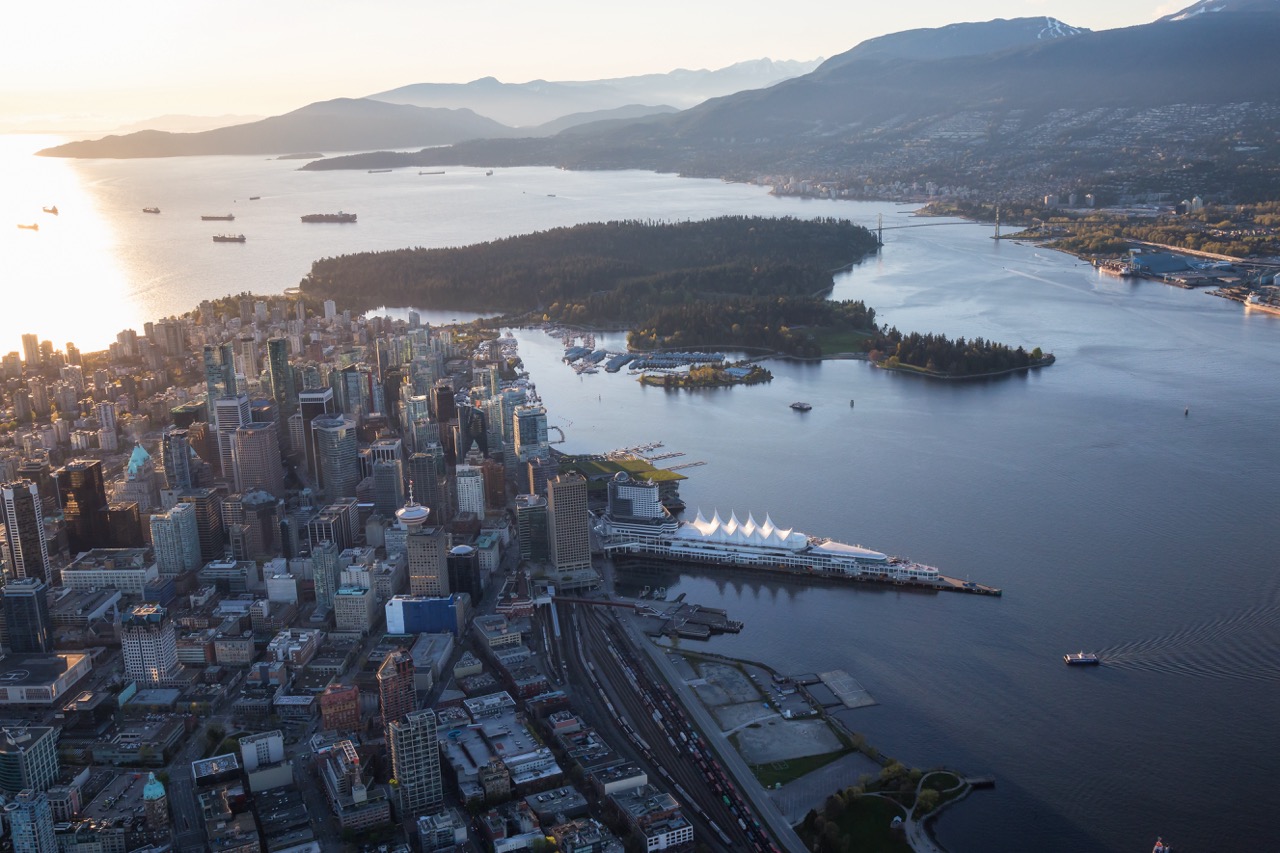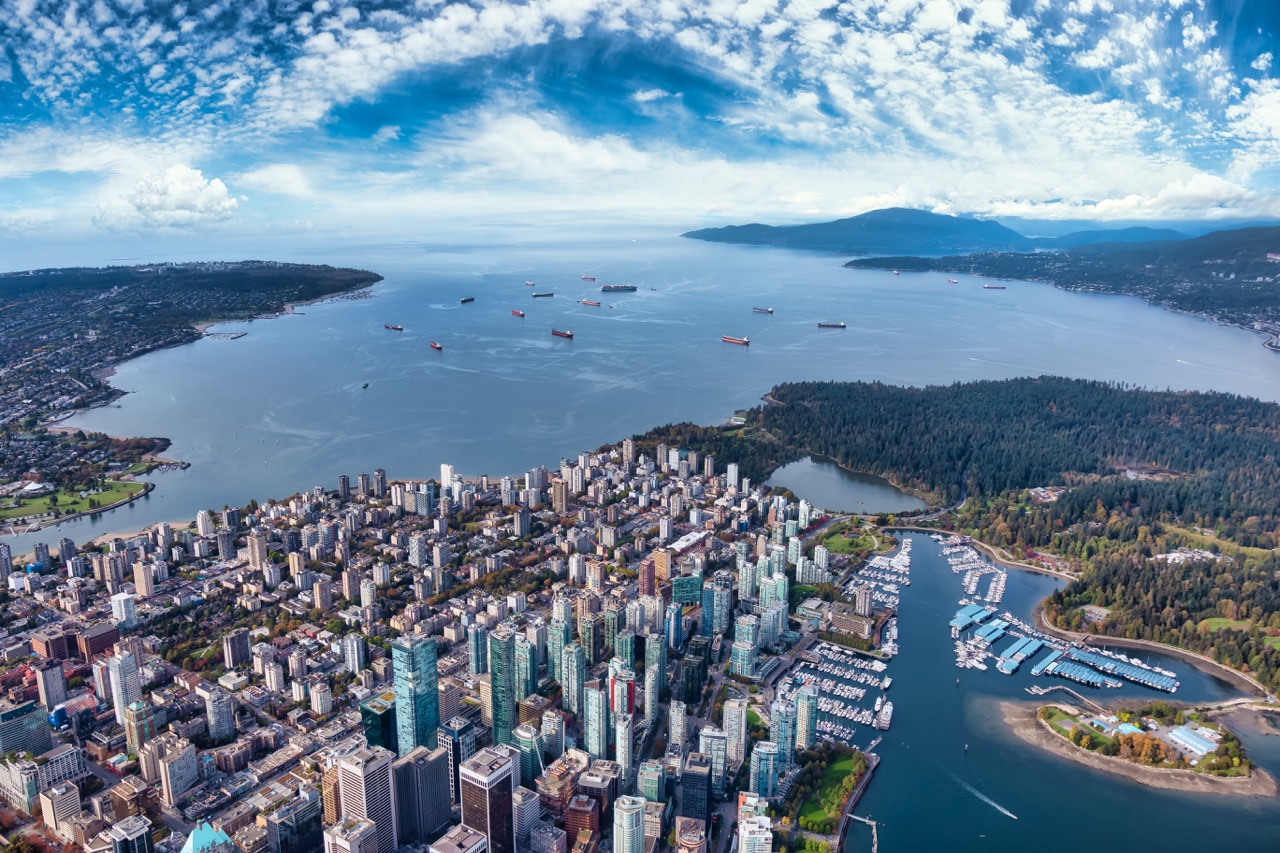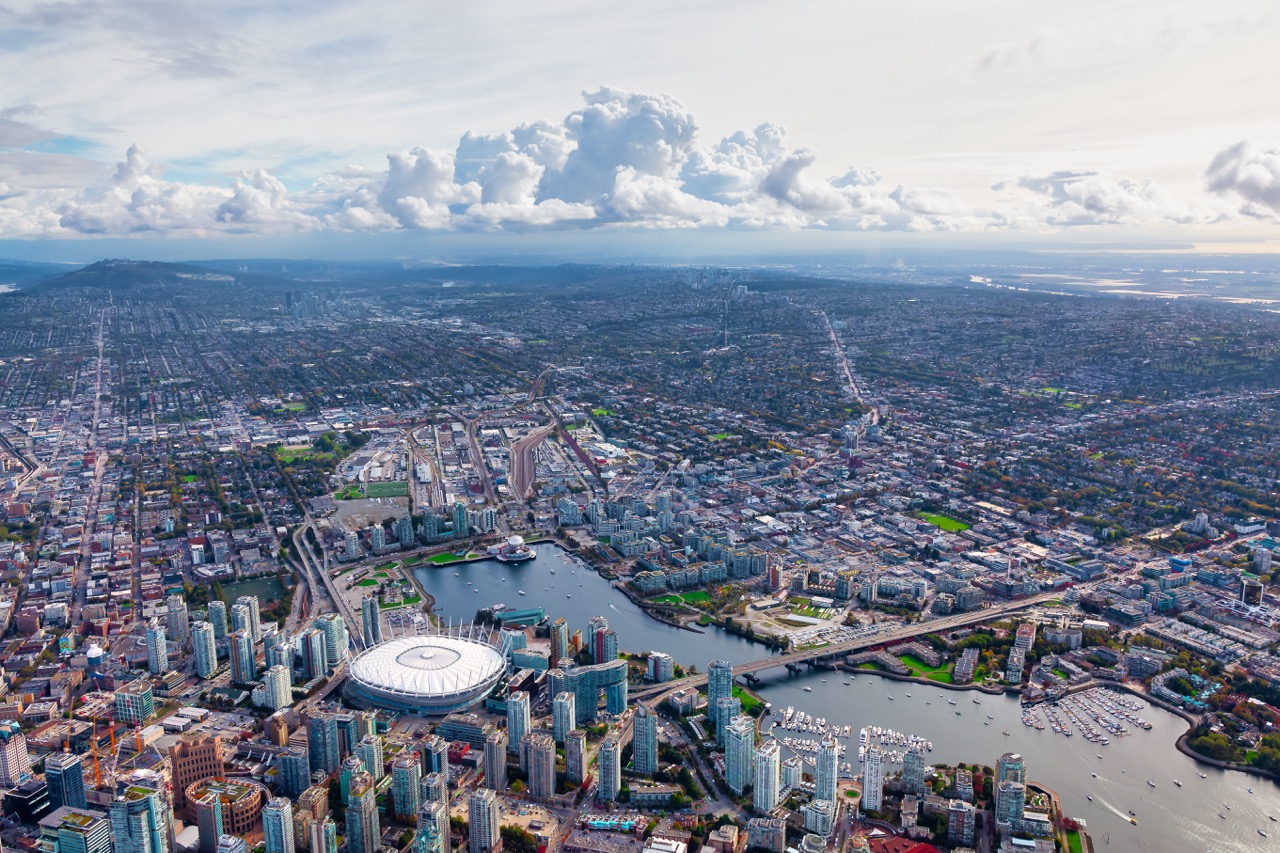Vancouver, known for its stunning natural beauty and vibrant urban culture, has become a bustling hub for professionals across various industries. As the city continues to grow, the challenge of maintaining a healthy work-life balance has emerged as a key concern for many residents. This article examines the intricacies of achieving equilibrium between work and personal life in Vancouver, providing insights into the local culture, the challenges faced by workers, and potential strategies for improvement.
Understanding the Work-Life Balance Landscape in Vancouver
The concept of work-life balance refers to the ability of individuals to manage their professional responsibilities while enjoying personal time and activities. In Vancouver, a city that attracts a diverse workforce, this balance can be particularly complex. With a competitive job market and a high cost of living, many professionals find themselves dedicating long hours to their jobs, which can encroach on personal life.
Vancouver’s unique geography also plays a role in shaping work-life dynamics. The proximity to nature encourages outdoor activities, but commuting can be time-consuming, especially given the city’s traffic congestion. As a result, some employees may find it challenging to carve out time for relaxation and leisure activities, which are crucial for mental well-being.
Moreover, the rise of remote work has altered traditional work schedules, leading some to work longer hours from home. While this flexibility can enhance work-life integration, it often blurs the boundaries between professional and personal time, making it difficult for individuals to disengage from work responsibilities.
The Impact of Vancouver’s Culture on Work-Life Dynamics
Vancouver’s culture is heavily influenced by its diverse population and strong emphasis on outdoor recreation. The city promotes a lifestyle that values physical health and social engagement, which can inspire professionals to prioritize work-life balance. Many residents actively seek to incorporate outdoor activities into their daily routines, whether it’s hiking, cycling, or participating in local sports leagues.
However, this culture of activity can sometimes lead to a paradox where the pressure to remain socially and physically active adds to the stress of balancing work and personal life. The expectation to participate in community events and social gatherings may lead to overcommitment, leaving little room for downtime or relaxation. This can create a sense of guilt for those who feel they are not engaging enough in the Vancouver lifestyle.
Additionally, the tech-driven economy in Vancouver fosters a fast-paced work environment that often prioritizes output over personal well-being. As startups and established companies alike seek to innovate, the emphasis can sometimes shift away from employee wellness initiatives, making it harder for individuals to prioritize their personal lives.
Key Challenges Faced by Vancouver’s Working Professionals
One of the most pressing challenges faced by Vancouver’s professionals is the high cost of living, which often necessitates long working hours to maintain financial stability. Housing prices, transportation costs, and everyday expenses can put immense pressure on individuals and families, forcing them to prioritize work over leisure. This economic reality can lead to increased stress and burnout among workers striving to achieve a comfortable lifestyle.
Another challenge is the cultural expectation of success that permeates many industries in Vancouver. With a competitive job market, professionals may feel compelled to continuously prove their value, often at the expense of their personal lives. This pressure can lead to overwork, where employees may sacrifice vacations, family time, or personal pursuits to meet workplace demands.
Finally, the fragmentation of social support networks due to the transient nature of Vancouver’s population can hinder individuals’ ability to find balance. Many residents relocate for job opportunities, which can result in a lack of established community connections. This isolation can exacerbate the challenges of work-life balance, as individuals may find it difficult to seek help or create supportive networks that encourage personal well-being.
Strategies for Achieving Better Balance in Daily Life
To combat the challenges of work-life imbalance, professionals in Vancouver can implement several strategies to enhance their daily routines. Setting clear boundaries between work and personal time is crucial. This could mean dedicating specific hours to work and ensuring that after-hours communication is minimized, allowing for a genuine separation between professional and personal life.
Additionally, prioritizing self-care through regular physical activity, mindfulness practices, and social engagement can help individuals recharge and maintain their well-being. Vancouver’s access to nature provides ample opportunities for outdoor activities, so making time for hiking, biking, or simply enjoying the city’s parks can be beneficial for mental health and stress reduction.
Time management and organization are also key components of achieving balance. Utilizing tools such as planners, digital calendars, or task management apps can help individuals prioritize their responsibilities and allocate time effectively. This proactive approach can lead to more focused work periods and increased free time for personal activities and relaxation.
Evaluating the Role of Employers in Supporting Balance
Employers in Vancouver play a critical role in fostering a work environment that promotes work-life balance. Companies that prioritize employee well-being through flexible work arrangements, wellness programs, and supportive management can significantly improve the overall job satisfaction of their workforce. Organizations that recognize the importance of balance are likely to see reduced turnover rates and increased productivity.
Moreover, establishing a workplace culture that values open communication and sets realistic expectations can alleviate some of the pressure employees feel to perform. By encouraging employees to take their full vacation days and providing mental health resources, employers can send a strong message about the importance of self-care and balance.
Ultimately, it is essential for employers to regularly assess their policies and practices to ensure they are supporting their employees effectively. Gathering feedback through surveys or informal discussions can help organizations identify areas for improvement and implement changes that foster a healthier work-life balance.
Resources and Community Support for Work-Life Harmony
Vancouver offers a variety of resources aimed at helping individuals achieve work-life balance. Community centers, wellness organizations, and local clubs provide opportunities for social engagement and physical activity, allowing residents to connect with others who prioritize balance. Participating in group activities or classes can provide a sense of community and belonging, which is essential for mental health.
Additionally, numerous online platforms and support groups cater to professionals seeking guidance on achieving balance. These resources often share strategies, tips, and success stories that can inspire individuals to take actionable steps toward improving their work-life harmony. Engaging with such communities can also help combat feelings of isolation that many face in a fast-paced urban environment.
Lastly, local government initiatives and non-profit organizations in Vancouver are increasingly recognizing the need for employee wellness. Programs that provide counseling services, workshops on time management, and seminars on stress reduction are becoming more prevalent, further emphasizing the importance of prioritizing work-life balance in the community.
Balancing work and life in Vancouver is a multifaceted challenge that requires understanding the local landscape, recognizing cultural influences, and addressing individual and systemic barriers. By implementing effective strategies, seeking support from employers and community resources, and fostering a culture that values well-being, professionals can create a more harmonious interplay between their work and personal lives. With continued awareness and proactive efforts, Vancouver’s residents can navigate the complexities of modern work while enjoying the rich experiences that life in this vibrant city has to offer.





